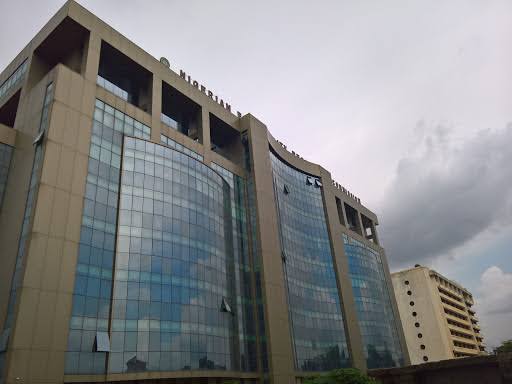On December 16, 2024, NERC adopted the AFUR mini-grid Tariff Tool to set cost-reflective tariffs and streamline mini-grid development.
The tool will be rolled out across 30 African countries.

In December 2024, the Nigerian Electricity Regulatory Commission (NERC) officially adopted the African Forum for Utility Regulators (AFUR) mini-grid Tariff Tool, taking a significant step in regulating mini-grid projects across Nigeria.
NERC developed the tool in collaboration with AFUR and key stakeholders to set cost-reflective tariffs, ensuring fair and efficient pricing for mini-grid developers and consumers.
As of December 16, 2024, developers must use the tool when submitting permit applications to NERC.
One key feature of the tool is the Portfolio Application, which allows developers to group multiple mini-grid projects under a single application.
Read Also; Nigeria’s ATM Crisis Drives Rise In Cash Agent Services
This not only simplifies regulatory processes but also reduces costs, which could lower end-user tariffs.
The tool supports NERC’s efforts to implement the updated Mini-Grid Regulations 2023.
In the coming years, NERC expects the tool to roll out across 30 African countries, promoting regulatory consistency and easing cross-border operations for developers.
AFUR, which addresses regulatory challenges across sectors such as energy, telecommunications, transport, and water, began working on the mini-grid tool in April 2021.
Through this collaboration, AFUR aims to foster cooperation among African utility regulators to boost socio-economic development and infrastructure across the continent.
NERC selected five countries, including Nigeria, as early adopters based on factors such as mini-grid market size and regulatory frameworks.
For example, Nigeria, with its growing mini-grid demand, highlights the need for faster and more efficient deployment to address the country’s low electrification rates.

